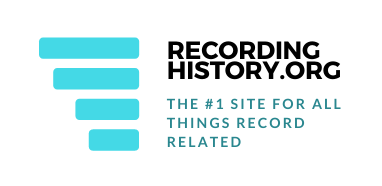The true operatic bass voice is not such a common voice, with many of the lower male voice parts being sung by capable lower baritone singers, sometimes known as bass baritones. This has created some confusion about the voice and the roles, but the true bass has a characteristic sound that distinctly different from that of the brighter baritone quality.
History of the Bass Voice
The name of this voice type comes from the Italian, basso, or low. It wasn’t until the seventeenth century that opera composers began to make distinct choices between the lighter baritone voice and the bass for different roles. The ease of movement available to baritone singers allowed composers to create more virtuosic music for a lower male voice. The bass voice began to be heard more and more as a character voice, with the darker qualities of their sound being the preferred option for characters of rank and distinction, or menace.
The characteristic dark quality and weight of the bass voice is produced due to the singer having significantly larger and thicker vocal chords. This can be somewhat restrictive for some, as achieving mobility of the voice – without careful training – can pose something of a challenge.
Types of Basses and the Roles They Play
Bass subsets are fewer than other vocal types, perhaps due to the unique physical qualities of the instrument, which produces this distinctive sound. Within opera, there are three main types.
Lyric Bass or Basso Cantabile
This bass voice has a lyrical upper register with a relatively high tessitura. However, to distinguish it from a low baritone, it still has the dark colour of the bass voice in the middle and lower parts of the range.
Roles for the lyric bass include Verdi’s Ferrando, Il Trovatore and Banquo, MacBeth, the title role in Mussorgsky’s Boris Godunov and Faust in Gounod’s Mephistopheles.
Basso Buffo
The buffo nomenclature is one that can be loosely applied to some character roles in other vocal types, but the bass voice is the only one where it is actually given as a type in itself. It is an Italian term, referring to something of a humorous, or clownish style – buffoon-like. Vocally, they require an agile voice with coloratura ability for the patter song type passages that are common to these characters. The voice itself, while being of a characteristically bass colour and range, is often manipulated to further create a humorous effect.
Basso buffo roles include Mozart’s Leporello, Don Giovanni and Don Alfonso, Cosi fan tutti and Rossini’s Don Bartolo from The Barber of Seville.
Basso Profundo
This is the ultimate bass voice, with – as the name indicates – the lowest range and darkest colour. It is a large, rich and resonant sound with a very low tessitura, so that the bottom notes of the range can be produced with full sound and power.
Some of the better known bass roles fall into this group. They include Mozart’s Sarastro, The Magic Flute and The Commendatore, Don Giovanni and Wagner’s Gurnemanz, Parsifal and Fafner from Das Rheingold and Siegfried, the first and third operas of Der Ring das Niebelungen.
True bases, like contraltos – the lowest of the women’s voice types – are rare, so the opportunity to hear them in these roles is not to be missed as the dark and rich colour they can give adds to the drama on the stage in a unique way.

